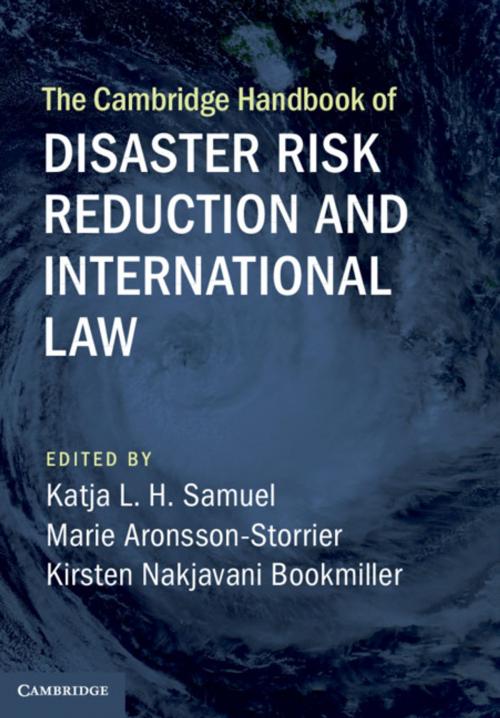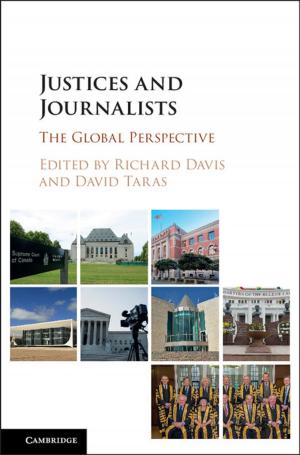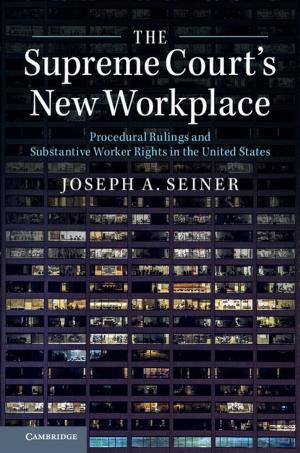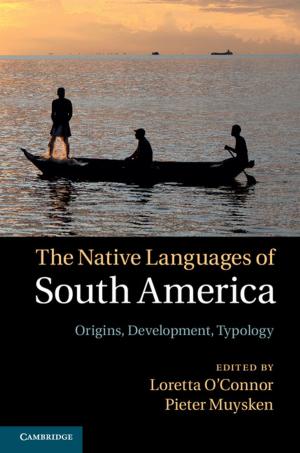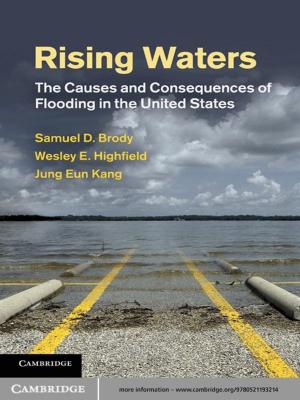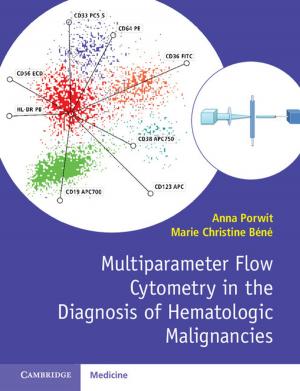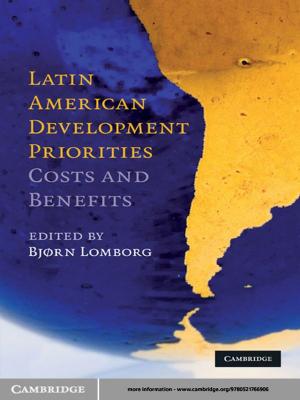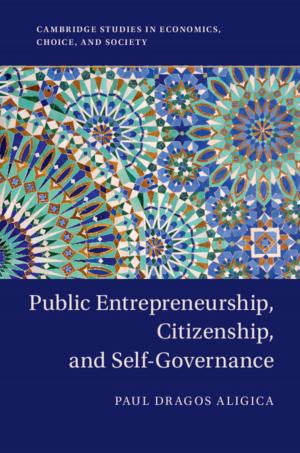The Cambridge Handbook of Disaster Risk Reduction and International Law
Nonfiction, Reference & Language, Law, International, Social & Cultural Studies, Political Science| Author: | ISBN: | 9781108693196 | |
| Publisher: | Cambridge University Press | Publication: | March 31, 2019 |
| Imprint: | Cambridge University Press | Language: | English |
| Author: | |
| ISBN: | 9781108693196 |
| Publisher: | Cambridge University Press |
| Publication: | March 31, 2019 |
| Imprint: | Cambridge University Press |
| Language: | English |
The number, intensity, and impact of diverse forms of 'natural' and 'human-made' disasters are increasing. In response, the international community has shifted its primary focus away from disaster response to prevention and improved preparedness. The current globally agreed upon roadmap is the ambitious Sendai Framework for Disaster Risk Reduction 2015–2030, central to which is the better understanding of disaster risk management and mitigation. Sendai also urges innovative implementation, especially multi-sectoral and multi-hazard coherence. Yet the law sector itself remains relatively under-developed, including a paucity of supporting 'DRR law' scholarship and minimal cross-sectoral engagement. Commonly, this is attributable to limited understanding by other sectors about law's dynamic potential as a tool of disaster risk mitigation, despite the availability of many risk-related norms across a broad spectrum of legal regimes. This unique, timely Handbook brings together global and multi-sector perspectives on one of the most pressing policy issues of our time.
The number, intensity, and impact of diverse forms of 'natural' and 'human-made' disasters are increasing. In response, the international community has shifted its primary focus away from disaster response to prevention and improved preparedness. The current globally agreed upon roadmap is the ambitious Sendai Framework for Disaster Risk Reduction 2015–2030, central to which is the better understanding of disaster risk management and mitigation. Sendai also urges innovative implementation, especially multi-sectoral and multi-hazard coherence. Yet the law sector itself remains relatively under-developed, including a paucity of supporting 'DRR law' scholarship and minimal cross-sectoral engagement. Commonly, this is attributable to limited understanding by other sectors about law's dynamic potential as a tool of disaster risk mitigation, despite the availability of many risk-related norms across a broad spectrum of legal regimes. This unique, timely Handbook brings together global and multi-sector perspectives on one of the most pressing policy issues of our time.
